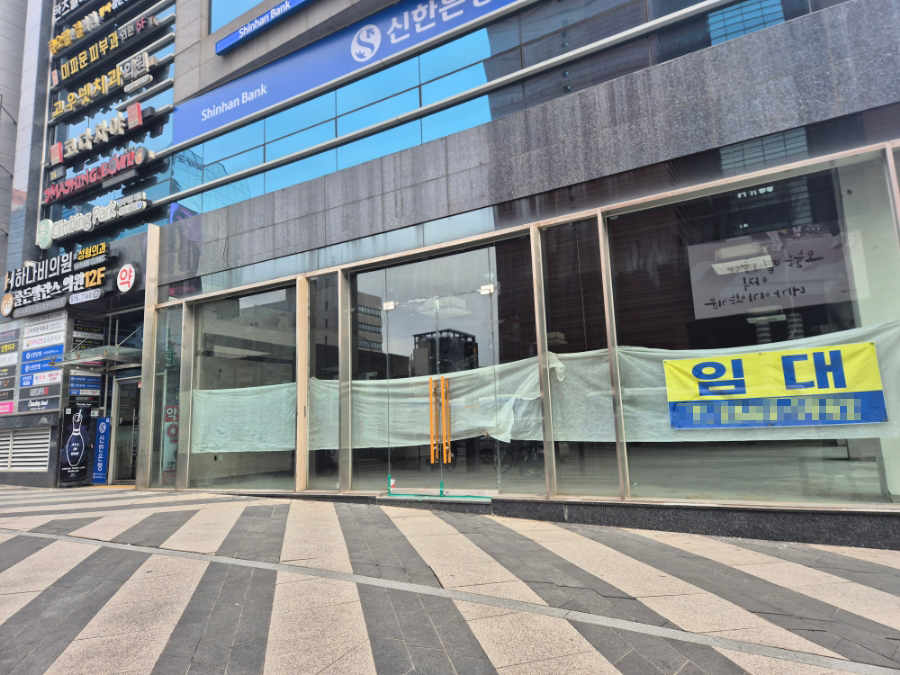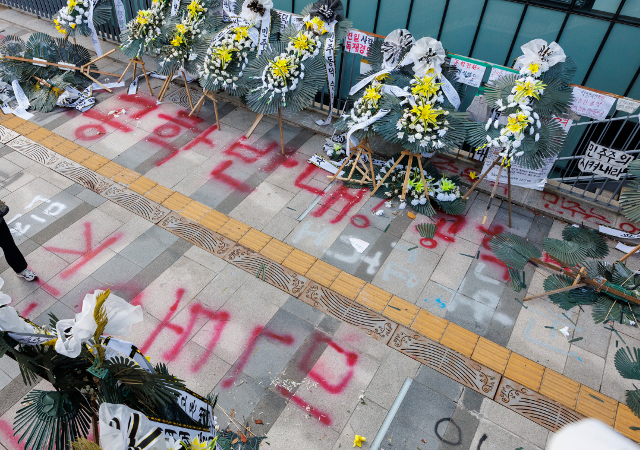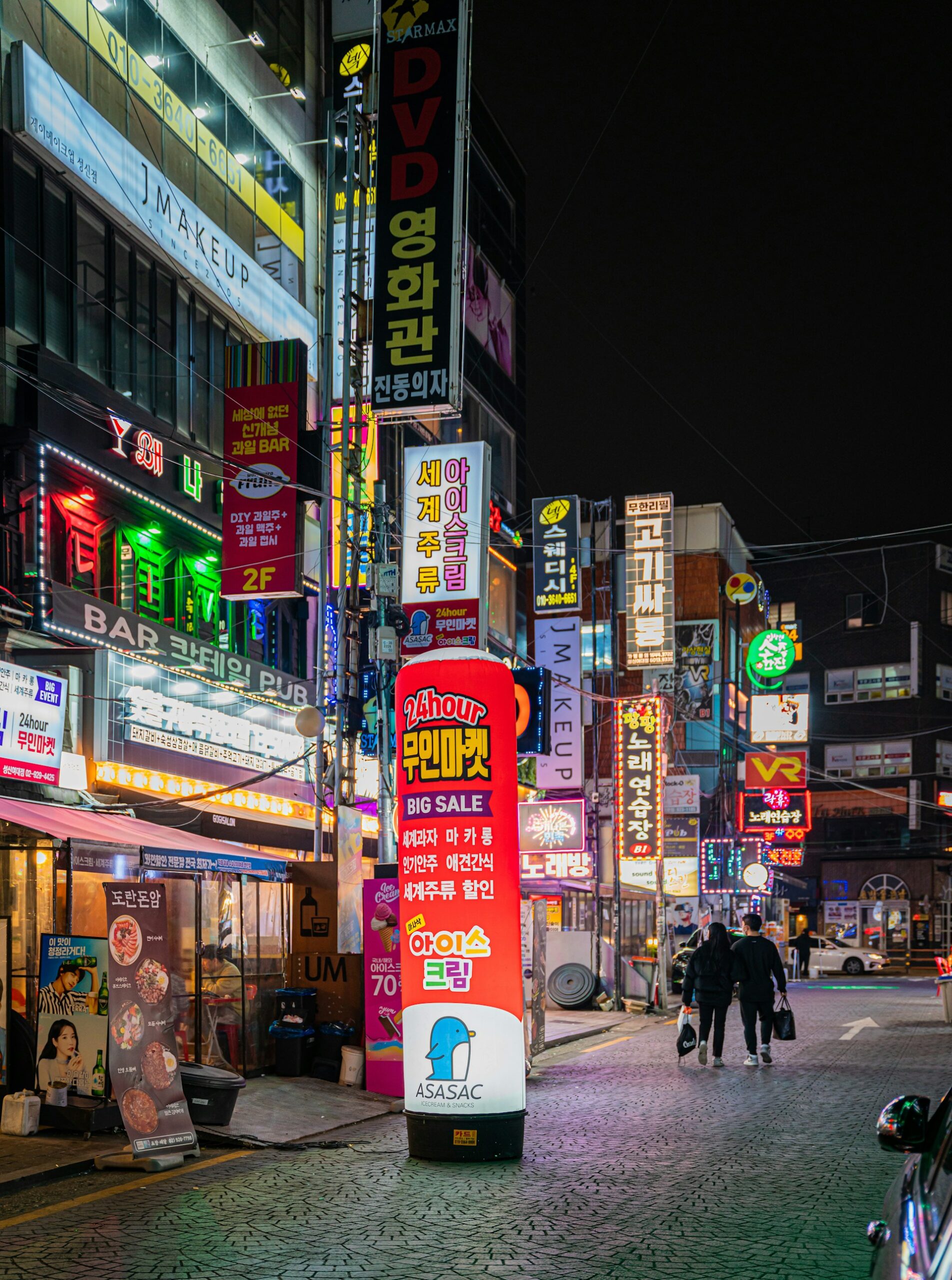Seoul, a city once celebrated for its rapid economic growth and vibrant culture, is now grappling with the harsh aftermath of the COVID-19 pandemic. While the world has moved forward, the scars left by the crisis continue to deepen in South Korea’s capital. The economic downturn has brought significant challenges, exacerbating societal fractures and leaving many questioning the future.
Widening Wealth Gap and Rising Unemployment
The gap between the wealthy and the struggling has never been more apparent. The privileged few continue to thrive, while the working class faces mounting financial burdens. High inflation and stagnant wages have led to an increasing number of people unable to afford even the basic necessities.

Unemployment rates are another alarming issue. Many businesses shut down during the pandemic, and even with the economy reopening, job opportunities remain scarce. Young Koreans, especially fresh graduates, find themselves in an endless cycle of job hunting, leading to growing disillusionment.

Youth Disillusionment: Giving Up on Jobs, Marriage, and Homeownership
A significant portion of Seoul’s younger generation is now giving up on traditional life milestones. The term “N-Po Generation” (N-Giving-Up Generation) has gained traction, referring to young people who have abandoned aspirations for stable employment, marriage, and homeownership. With real estate prices skyrocketing beyond reach, the dream of owning an apartment in Seoul remains a distant fantasy for many.
Marriage rates continue to decline, and the number of single individuals is rising. The cost of raising a family, combined with financial instability, has led many to opt for a single lifestyle. This shift is expected to have long-term effects on South Korea’s already declining birth rate and aging population.
Deepening Social Divides: Intergenerational and Gender Conflicts
The economic crisis has also intensified social tensions. Generational conflicts are growing, with younger Koreans frustrated at what they perceive as unfair advantages enjoyed by the older generation. Meanwhile, gender-based tensions are rising, fueled by economic stress and differing societal expectations.

Eroding Trust in Government and the Breakdown of Law and Order
A general sense of distrust has taken hold in society. People feel increasingly disconnected, uncertain about their future, and skeptical about the government’s ability to provide solutions. Frustration over economic policies, corruption, and inefficiency has led to growing dissatisfaction with leadership.
Additionally, conflicts between social classes have intensified, with resentment growing between different economic groups. This rising tension is further exacerbated by the breakdown of law and order, as public frustration manifests in protests and defiance of established norms. The erosion of trust in institutions has made governance more difficult, threatening long-term stability.
The Road Ahead: Can Seoul Overcome the Crisis?
Seoul is at a crossroads. Addressing these deep-rooted problems requires more than just short-term economic policies—it demands a fundamental shift in how society approaches employment, housing, and social welfare. While the city’s resilience has been tested time and again, the question remains: Can Seoul find a way to rebuild a more inclusive and hopeful future for its citizens?
The world is watching as South Korea navigates this turbulent period. For now, the people of Seoul continue to persevere, waiting for the day when opportunity and stability return to their city.

Leave a Reply